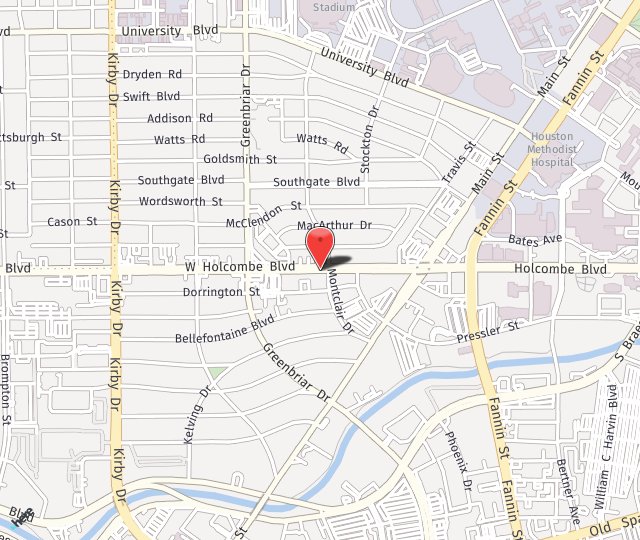Have you taken a good look at your smile lately? Go ahead. We’ll wait. You may notice that your smile has changed over the years. It may not be as bright; your teeth may look a little longer if your gums have receded, or your lower teeth might look smaller. Are any of these issues serious? They can be, particularly if your teeth are worn down. Worn-down teeth can cause increased sensitivity or pain when you eat hot or cold foods, chew or even just breathe in cold air. But, what causes teeth to become worn down?
What Causes Tooth Erosion?
There are a few factors that can lead to your teeth eroding. One of the reasons is gastroesophageal reflux disease (GERD), or acid reflux disease. Individuals who are living with this condition experience acid rising into the mouth and on to the teeth, which can soften tooth enamel. When tooth enamel is soft, it can wear away from tooth grinding, clenching, eating and even brushing.
Acid erosion can be exacerbated if you’re living with alcoholism, vomit frequently or have morning sickness.
Other contributors to the wearing down of your tooth enamel include what you eat and drink. If you’re consuming large quantities of acidic beverages such as coffee, tea or soda each day, you’re going to have enamel erosion.
Grinding or clenching your teeth also wears away your enamel.
Want to Stop Enamel Erosion? Here’s How
We’ve put together a few tips on how to stop wear and tear on your tooth enamel.
Step 1. Practice good oral hygiene habits. Are you brushing your teeth at least twice per day and flossing at least once per day? Do you make – and keep – your regular dentist appointments? If so, you’re helping to combat tooth enamel erosion.
Step 2. Check your diet. Are you consuming large amounts of coffee, tea, soda or energy drinks? If you are, it’s time to think about how they’re affecting your teeth and your overall health.
We also suggest that you keep other acidic foods to a minimum, including citrus fruits and vinegar, and also limit sugary foods and processed carbs, because these foods feed the bacteria that attack your teeth!
Step 3. Talk to us. If you see the signs of tooth enamel erosion, including tooth sensitivity, discoloration, cracks and chips, fractures or cupping, it’s time to give Dr. Konig a call at 713-668-2289 today to schedule a consultation.

